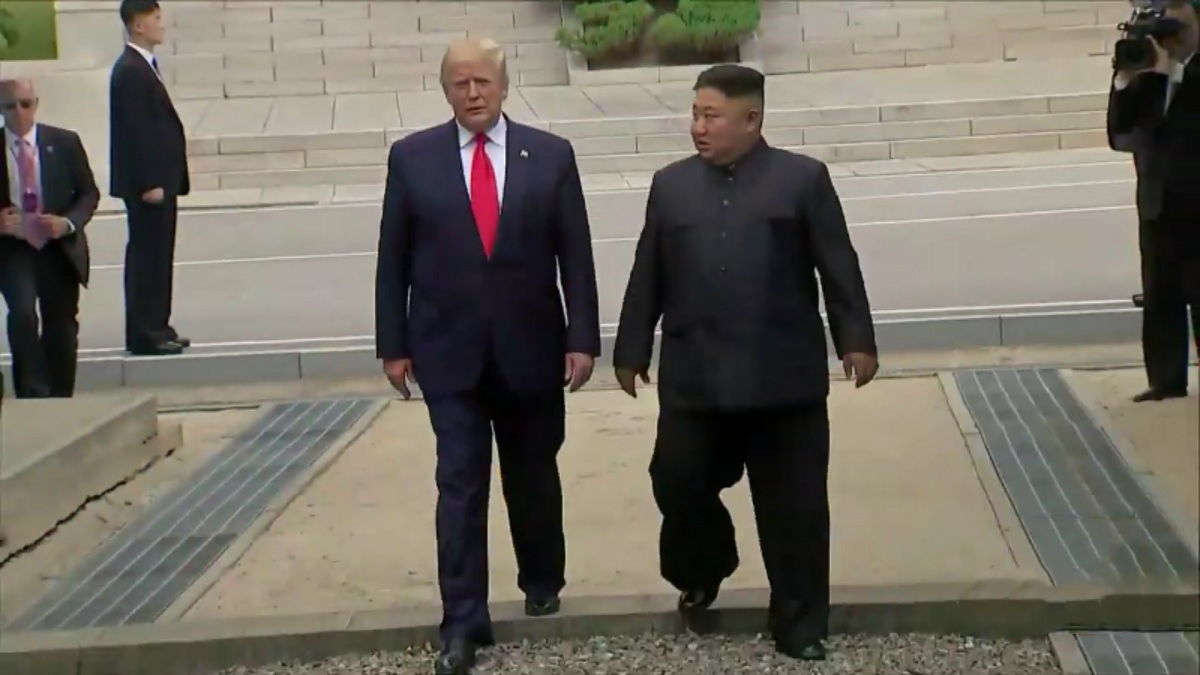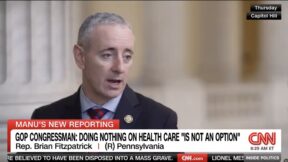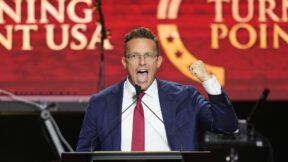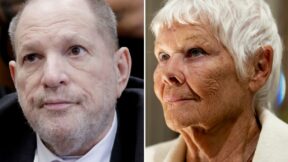Trump Suggested Nuking, Preemptively Attacking North Korea in the Early Days of His Administration: Book

Pulitzer Prize-winning New York Times Washington correspondent Michael Schmidt has a new afterword for his 2020 book titled, Donald Trump v. the United States, coming out next week and NBC News got an exclusive look it. The new section reports then President Donald Trump suggested both nuking and preemptively attacking North Korea in 2017 to then Chief of Staff John Kelly.
Kelly, who has since become a fierce critic of Trump, served initially as Trump’s secretary of homeland security before becoming his chief of staff from July 2017 to January 2019.
“Eight days after Kelly arrived at the White House as chief of staff, Trump warned that North Korea would be ‘met with fire and fury and frankly power, the likes of which this world has never seen before,’” writes NBC’s Rebecca Shabad, quoting from the updated book.
“What scared Kelly even more than the tweets was the fact that behind closed doors in the Oval Office, Trump continued to talk as if he wanted to go to war. He cavalierly discussed the idea of using a nuclear weapon against North Korea, saying that if he took such an action, the administration could blame someone else for it to absolve itself of responsibility,” writes Schmidt.
“It’d be tough to not have the finger pointed at us,” Kelly reportedly replied to Trump, working to dissuade him of the idea.
The afterword notes that Trump repeatedly mentioned military moves against North Korea early in his administration before Trump struck up a rapport with Kim Jong-un.
Trump “would turn back to the possibility of war, including at one point raising to Kelly the possibility of launching a preemptive military attack against North Korea,” Schmidt wrote.
Shabad summarizes the reporting on some of Kelly and Trump’s exchanges:
Kelly warned that Trump would need congressional approval for a pre-emptive strike, which “baffled and annoyed” Trump, according to the afterword.
Schmidt also writes that it was well-known among senior U.S. officials for several decades that North Korea sought to spy on U.S. decision-makers. So White House aides were alarmed “that Trump would repeatedly talk on unclassified phones, with friends and confidants outside the government, about how he wanted to use military force against North Korea.”
On the topic of classified material, Schmidt explains it “was well within the realm of American intelligence assessment” that foreign powers like North Korea could be listening to Trump’s calls.
“Kelly would have to remind Trump that he could not share classified information with his friends,” Schmidt adds.




